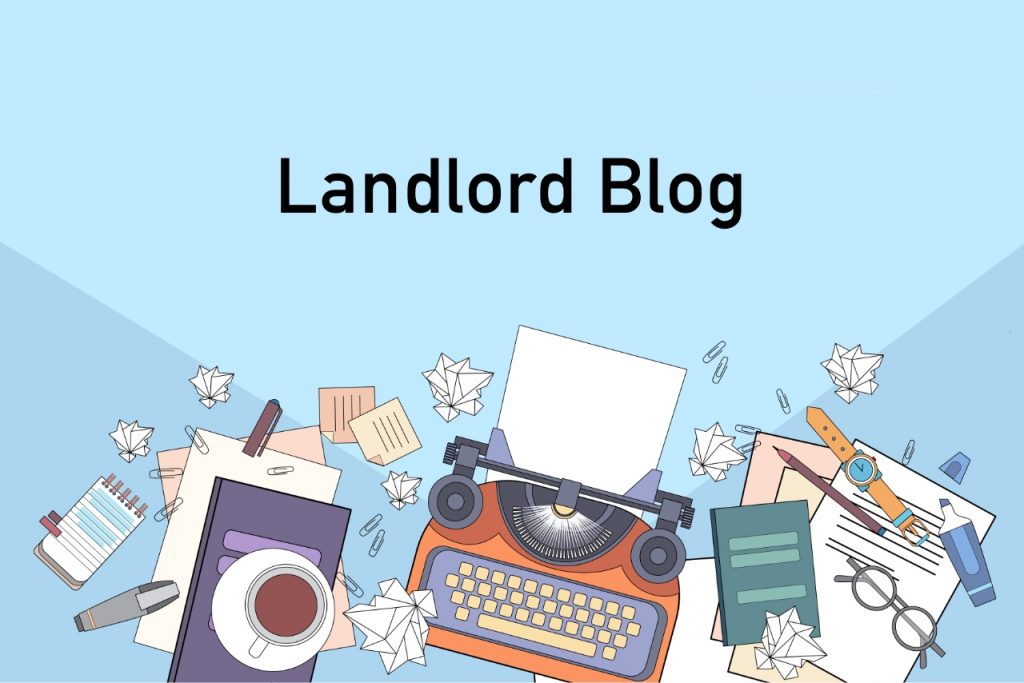Benefits of Landlord Blogging
We tend to think of blogging as useful in certain niches, but not so useful in other industries. However, if you zoom out and look at blogging from a top-down perspective, you’ll find there are successful blogs in virtually every subject matter and industry. And as a landlord, starting and growing a blog could benefit you in a variety of ways. This includes:
Search rankings
Content makes the internet go round. It’s the currency that you use to “buy” traffic and exposure. Without content, your website is nothing but a web address with contact information. The more you invest in blogging (particularly with relevant keywords), the more “searchable” you’ll be to your target audience.
Trust
People are much more likely to trust you if they feel like they know you. And the best way to help people get to know you online is to share your thoughts and knowledge in the form of content.
Lead generation
According to one study, companies that blog 16 or more times per month receive three and a half times as many leads as companies that blog four or fewer times per month. This relationship is directly correlated to the investment in exposure and search rankings. And while you might not have the time to personally write a blog post every other day, you can always hire someone to do your content on your behalf. This is just the tip of the iceberg. The more you commit to blogging, the better your results will be. Eventually, a strong blogging strategy could become your most useful asset for growing your business.
Tips for Building a Successful Landlord Blog
Any landlord can start a blog. The challenge is sticking with it and creating something that benefits your business over the long run. Here are a few helpful tips:
1. Make Time
You can’t blog without time. You need to carve out at least 30 minutes per day for undistracted writing time. This is a time when you silence notifications, turn off your phone, log off social media, go in your office, open up your computer, and write. Not sure you have this much time? Look for ways to lighten your workload to offloading some of your landlording responsibilities to someone else. Hiring a property manager is the logical first step. This will free up time for you to do a variety of other things, blogging included.
2. Clarify Your Audience
Content should always be written for the intended audience. (This isn’t to say you shouldn’t write from the heart. Rather it means you need to write in such a way that you’re engaging the people you expect to consume the content.) And the only way to write for your audience is to clarify who they are. Your audience will likely consist of two different categories: current tenants and prospective tenants. (Though it’s possible that you may also be seeking to connect with other real estate investors.) Each piece of content should be developed with one or both of these audiences in mind.
3. Choose the Right Topics
Once you’re clear on who you’re writing for, you need to choose topics that will help you engage them. But there’s no need to make assumptions. There are countless keyword research tools online that remove all of the guesswork from the equation. Using one of these keyword research tools you can find out what people are searching for and create fresh, compelling content around these topics and phrases. (You can even find out which keywords have the least competition so that your blog posts stand a better chance of emerging from the pack.)
4. Refine Your Voice
Have you ever read a blog post from a big brand that stunk of corporate language and carefully regulated copy? It’s like reading a press release or meeting minutes – boring! People are much more likely to connect with your content if they can feel your voice coming through. And the only way for your voice to come through is if you focus on refining your voice in a way that it’s clear, articulate, and consistent from post to post.
Putting it All Together
Want to set yourself apart and build a business that people know and trust? A blog could make a significant difference in your ability to reach your target audience and engage them over time.

